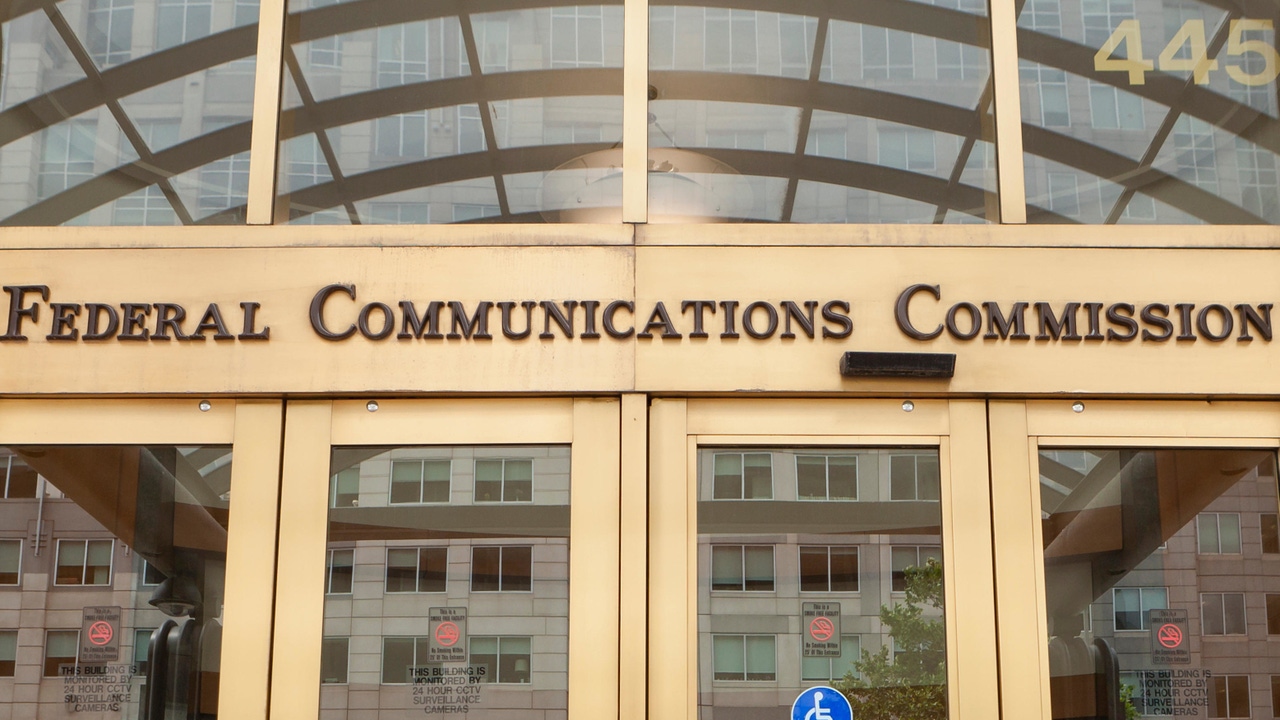US court scuppers Democrats’ latest ‘net neutrality’ initiativeUS court scuppers Democrats’ latest ‘net neutrality’ initiative
The US Court of Appeals for the Sixth Circuit has ruled that the FCC lacks the authority to reclassify broadband as a Title II telecommunications service, thus invalidating its April 2024 net neutrality move.
January 3, 2025

Setting the scene, the ruling describes how US comms regulator FCC has been mucking about with the concept of ‘net neutrality’ for the last decade. Since the FCC is heavily politicised, successive regimes have reversed their predecessor’s moves in this space and the change of governing party at the latest US general election ensured a perpetuation of this game of regulatory ping-pong.
“Corresponding with a change in administrations, in 2018, the FCC rescinded its 2015 determination and instead reverted to its historical hands-off approach to Internet regulation by concluding that Broadband Internet Service Providers offered only ‘information service.’ Id. § 153(24),” says the ruling. “That change lifted the net-neutrality requirements. The D.C. Circuit heard substantial challenges to the 2015 and 2018 orders. It applied the now-overruled Chevron doctrine in each case and upheld both wholly inconsistent regulations as ‘permissible’ under the Act.”
The Chevron doctrine in question is a legal precedent set in 1984, otherwise known as Chevron deference, which ruled that in certain circumstances when law is ambiguous, the benefit of the doubt should be given to federal agencies. This precedent was negated last year by the US Supreme Court on the reasonable grounds that only the judiciary should have the power to definitively interpret the law.
“But unlike past challenges that the D.C. Circuit considered under Chevron, we no longer afford deference to the FCC’s reading of the statute,” continues the ruling. “Instead, our task is to determine ‘the best reading of the statute’ in the first instance.
“Using ‘the traditional tools of statutory construction,’ id., we hold that Broadband Internet Service Providers offer only an ‘information service’ under 47 U.S.C. § 153(24), and therefore, the FCC lacks the statutory authority to impose its desired net-neutrality policies through the ‘telecommunications service’ provision [Title II] of the Communications Act, id. § 153(51).
“Nor does the Act permit the FCC to classify mobile broadband—a subset of broadband Internet services—as a ‘commercial mobile service’ under Title III of the Act (and then similarly impose net-neutrality restrictions on those services). Id. § 332(c)(1)(A). We therefore grant the petitions for review and set aside the FCC’s Safeguarding Order.”
The whole issue of net neutrality in the States – essentially the ability or otherwise for broadband service providers to vary the quality of their offering – tends to be ideologically split across traditional left/right lines. The leftists want more state control in the name of ‘safety’, while rightists want less state control in the name of ‘freedom’.
When the Democrat (ostensibly left) controlled FCC it voted in favour of the tellingly labelled ‘Safegaurding and Securing the Open Internet Order’ last year, its press release declared “Today’s decision to reclassify broadband service as a Title II telecommunications service allows the FCC to protect consumers, defend national security, and advance public safety.”
The most prominent dissenter among the FCC Commissioners at the time was Brendan Carr who, perhaps not coincidentally, is set to take over the Chair once Trump is sworn in. He welcomed the ruling. “I am pleased that the appellate court invalidated President Biden’s Internet power grab by striking down these unlawful Title II regulations,” said Carr.
“Consumers across the country have told us again and again that they want an internet that is fast, open, and fair,” said current FCC Chair Jessica Rosenworcel in response to the ruling. “With this decision it is clear that Congress now needs to heed their call, take up the charge for net neutrality, and put open internet principles in federal law.” Commissioner Gomez echoed that plea.
The Republican party currently controls Congress, so those calls will be futile for at least two years. If legislators ever decide to tackle this matter, it will be incumbent on those calling for greater state control of broadband to demonstrate the significant public harm those increased powers will prevent. To most neutral observers, surely, the net seems to be working just fine without further state intervention. So if it ain’t broke, don’t fix it.
Political response to the ruling seems to have fallen along boringly predictable partisan lines. As you can see from their tweets below, Republican Senator Ted Cruz celebrates the prevention of what he perceives as a power grab, while Democrat Senator Chuck Schumer is asking us to believe that all he cares about is protecting honest, hard-working, regular folk.
About the Author
You May Also Like










.png?width=300&auto=webp&quality=80&disable=upscale)


_1.jpg?width=300&auto=webp&quality=80&disable=upscale)